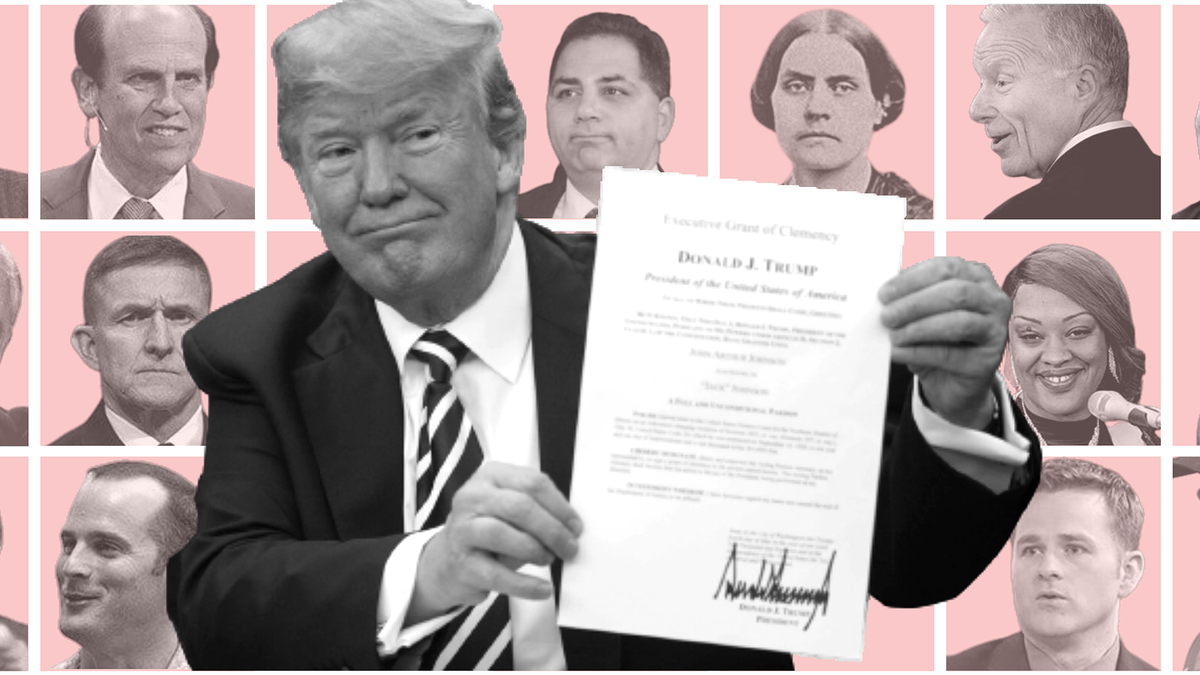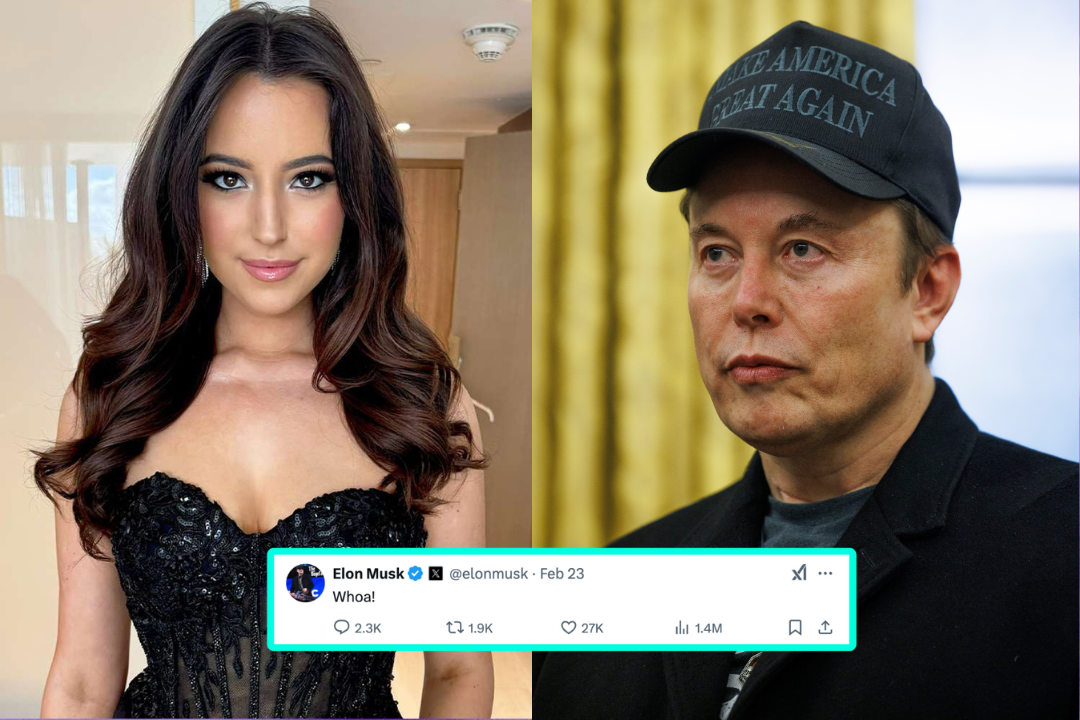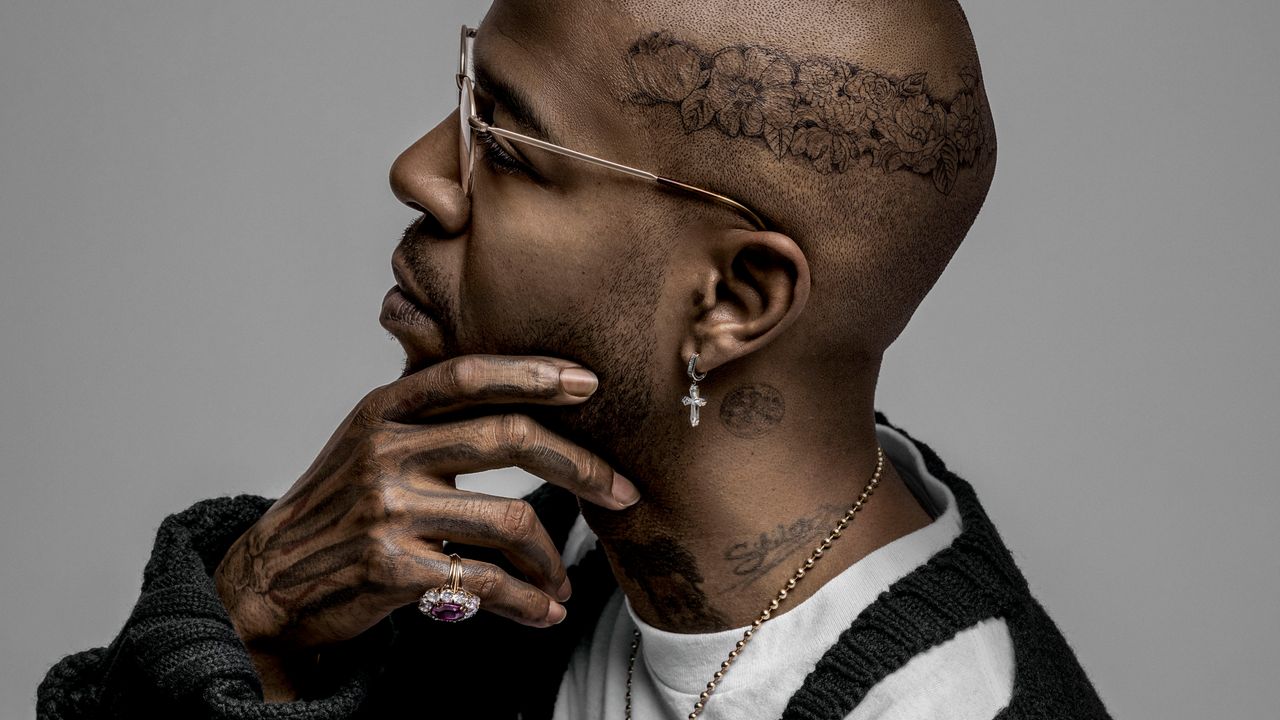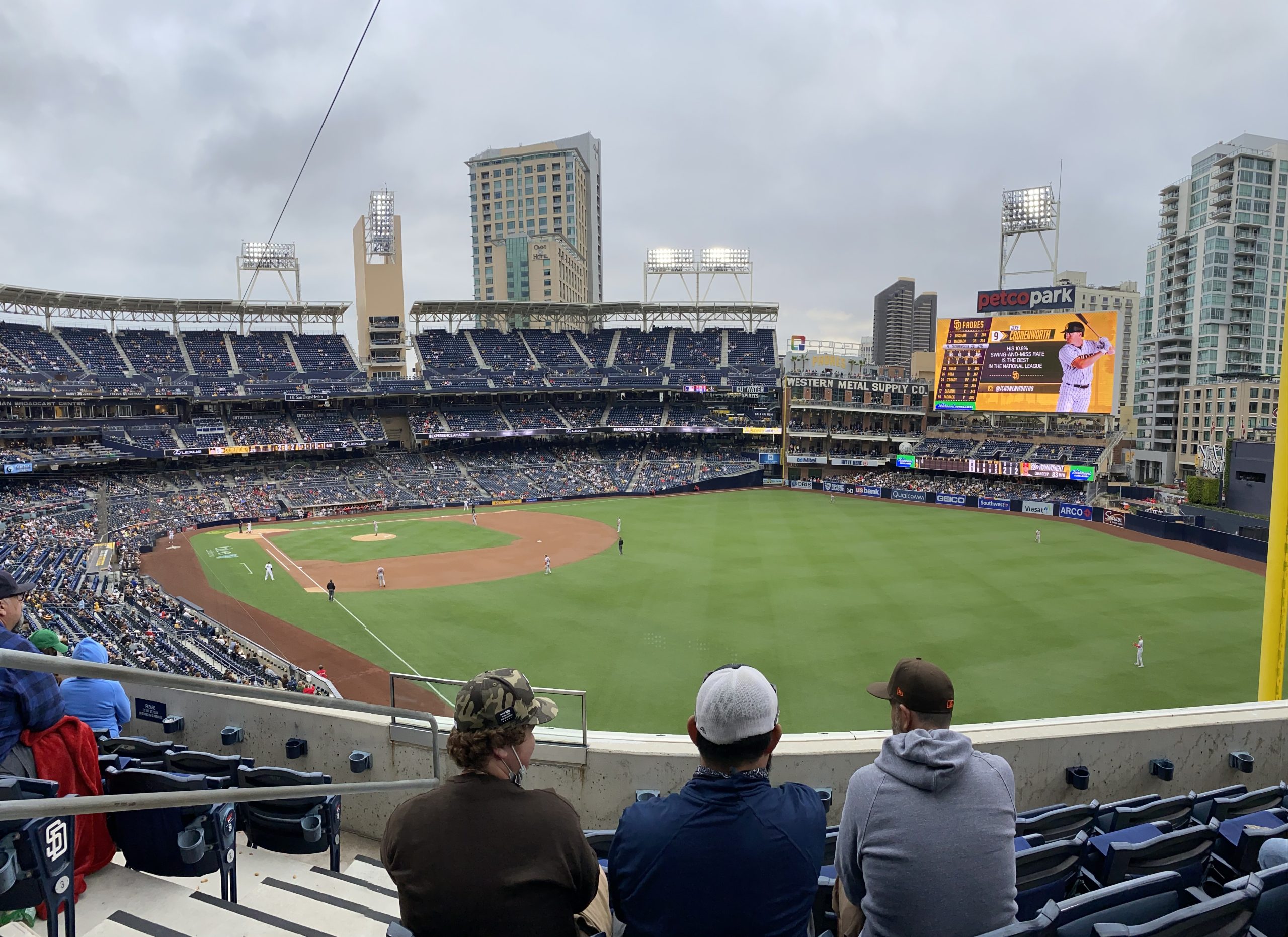Analyzing Presidential Pardons: Trump's Second Term In Focus

Table of Contents
The Scope of Presidential Pardon Power
The President's power to grant pardons is enshrined in Article II, Section 2, Clause 1 of the US Constitution: "The President...shall have Power to grant Reprieves and Pardons for Offenses against the United States, except in Cases of Impeachment." This clause grants the president broad authority to forgive federal crimes, mitigating or eliminating punishment.
Constitutional Authority
This constitutional grant is expansive, encompassing the power to commute sentences, grant full pardons, and even pardon individuals before they've been indicted. It's a significant check on the judicial branch, allowing the executive to override judicial decisions in specific cases.
Limitations on Pardon Power
However, the pardon power is not absolute. Crucially, the President cannot pardon individuals for state-level crimes, only federal offenses. Furthermore, the power explicitly does not extend to cases of impeachment. This limitation protects the integrity of the impeachment process and prevents a president from escaping accountability for high crimes and misdemeanors.
- Examples of historical uses: Gerald Ford's pardon of Richard Nixon remains highly controversial, while other pardons, such as those granted for acts of civil disobedience during the Civil Rights era, are viewed more favorably.
- Checks and balances: While the Constitution grants the power, the political ramifications of granting pardons – potential public backlash, media scrutiny, and impact on future elections – serve as a significant check.
- Political ramifications: The granting of a pardon is inherently a political act, often carrying significant political weight and consequences for the President and the affected individuals.
Predicting Potential Pardons in a Hypothetical Second Trump Term
Analyzing past pardons offers insights into potential actions during a hypothetical second Trump term. His first term saw pardons granted to individuals with close ties to his administration, raising questions about motives and potential conflicts of interest.
Analyzing Past Pardons
Trump's first term saw a flurry of controversial pardons, including those for Roger Stone, Michael Flynn, and several individuals convicted in connection with the Mueller investigation. These actions were frequently justified by claims of prosecutorial misconduct or political motivations, highlighting a pattern of pardoning individuals aligned with his political agenda.
Potential Targets for Pardons
Speculating on potential pardons in a hypothetical second Trump term requires examining individuals facing federal charges and those with close ties to the former president.
-
Individuals involved in the January 6th Capitol attack: Many participants in the attack face federal charges, making them potential targets for pardons.
-
Associates facing federal charges: Individuals facing ongoing legal battles related to business dealings, financial misconduct, or other issues could have been considered for pardons.
-
Specific examples: The potential pardoning of specific individuals would have triggered intense political and legal debate. The circumstances surrounding each case would have been closely scrutinized, fueling public discussion about fairness and justice.
-
Political and legal implications: Each pardon would have been a politically charged event, potentially further polarizing the electorate and intensifying legal challenges.
-
Public reaction and media scrutiny: The public and media responses to such actions would have undoubtedly been substantial, contributing to an already highly charged political atmosphere.
The Legal and Political Ramifications of a High Volume of Pardons
A large number of controversial presidential pardons carries significant risks.
Erosion of Public Trust
An excessive number of pardons, especially those perceived as politically motivated, would erode public trust in the justice system. It could lead to concerns that the system is being manipulated to serve political interests rather than upholding the rule of law.
Legal Challenges to Pardons
The sheer volume of potential pardons might have prompted legal challenges. Arguments could be raised challenging the President's authority to pardon in specific circumstances, particularly those involving ongoing investigations or potential violations of the Constitution itself.
- Examples of past legal challenges: Past presidential pardons have faced legal challenges, often focused on whether the pardon power can be applied in situations involving ongoing or future criminal investigations.
- Legal arguments in a second term: Arguments might have included claims of obstruction of justice, violation of separation of powers, or unconstitutional use of executive power.
- Impact on rule of law and separation of powers: A large number of controversial pardons might have damaged the integrity of the judicial system and raised questions about the balance of power among the branches of government.
Comparative Analysis of Presidential Pardons
Comparing Trump's pardon practices to those of previous presidents provides valuable context.
Historical Precedents
While many presidents have used the pardon power, Trump's approach was marked by a higher frequency and greater political controversy than many predecessors. Examining the practices of presidents like Ford, Carter, and Clinton reveals both similarities and stark contrasts in how this power was wielded.
Impact on the Presidency
The extensive use of the pardon power can significantly affect a president's legacy and the perception of the office itself.
- Presidents known for controversial pardons: Comparing Trump's actions to those of other presidents like Andrew Johnson and Richard Nixon reveals patterns in the use and abuse of this power, and their impacts on subsequent presidencies.
- Comparative data on pardons: Examining statistical data on the numbers and types of pardons granted by various presidents helps put Trump's actions in a historical context.
- Political consequences: The long-term political consequences of frequent or controversial pardons are a crucial aspect of this analysis, impacting not only the president's image but also future electoral landscapes and policy debates.
Conclusion
The potential use of presidential pardons in a hypothetical second Trump term, or any future second term, presents a multifaceted issue with far-reaching consequences. The analysis demonstrates the significant impact of this power on the judicial system, public trust, and the very fabric of American democracy. The scope of the presidential pardon power, its limitations, and the potential for its abuse require ongoing scrutiny and public discussion. The historical precedents and legal ramifications underscore the importance of a balanced and judicious application of this significant executive authority. Continue the discussion on presidential pardons and learn more about the controversies surrounding presidential pardons to fully grasp their implications.

Featured Posts
-
 Elon Musks Alleged Paternity Of Amber Heards Twins A Timeline Of Events
May 16, 2025
Elon Musks Alleged Paternity Of Amber Heards Twins A Timeline Of Events
May 16, 2025 -
 Kid Cudi Art Auction Details Announced By Joopiter
May 16, 2025
Kid Cudi Art Auction Details Announced By Joopiter
May 16, 2025 -
 Giant Sea Wall Menko Ahy Dan Rapat Koordinasi Psn Informasi Terbaru
May 16, 2025
Giant Sea Wall Menko Ahy Dan Rapat Koordinasi Psn Informasi Terbaru
May 16, 2025 -
 Knicks News Brunsons Return Koleks Impact And The Fight For The Playoffs
May 16, 2025
Knicks News Brunsons Return Koleks Impact And The Fight For The Playoffs
May 16, 2025 -
 Will The Padres Thwart The Dodgers Ambitions A Baseball Showdown
May 16, 2025
Will The Padres Thwart The Dodgers Ambitions A Baseball Showdown
May 16, 2025
